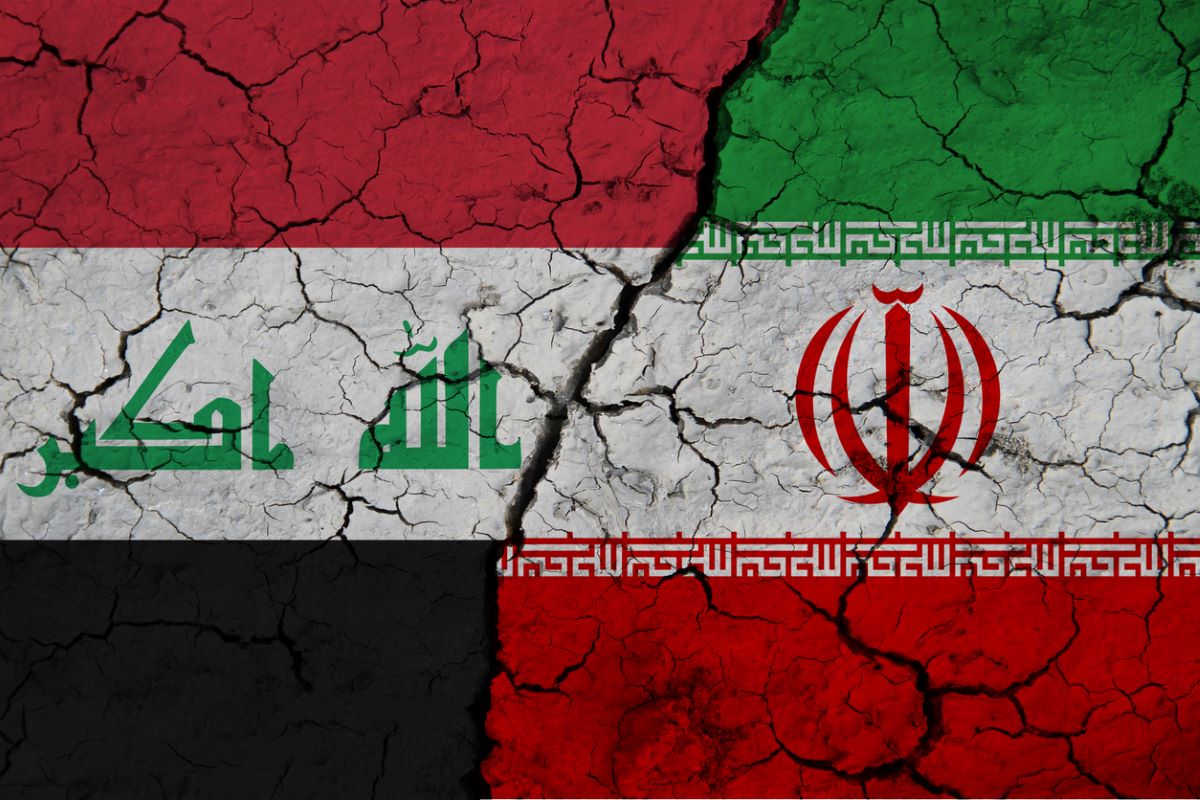Stadium ban for women to be reintroduced in Iran
A stadium ban for women is to be reintroduced in Iran, multiple local news reports said on Wednesday.
Hostility between the long-time foes has often played out in Iraq, whose government is allied with both countries. The attack triggered harsh condemnation from the Iraqi government, which called it a “violation of international law and norms” and demanded an explanation from the Iranian leadership. The United States also condemned the strike and said it was an unjustified outrage on a civilian residence.

representational image (iStock photo)
The Gulf region is in ferment. Ties between Iran and Iraq were on the edge again on Sunday when the government in Tehran claimed responsibility for the missile barrage that struck the sprawling complex of the US Consulate in the northern Iraqi city of Irbil.
The offensive is said to be a retaliation for an Israeli strike in Syria that killed two members of its Revolutionary Guard, and somehow coincides with the Russian invasion of Ukraine. Iraq’s foreign ministry on Sunday summoned Iran’s ambassador to protest the attack, calling it a flagrant violation of the country’s sovereignty. Though no injuries were reported, the incident marks a significant escalation between the United States and Iran.
Hostility between the long-time foes has often played out in Iraq, whose government is allied with both countries. The attack triggered harsh condemnation from the Iraqi government, which called it a “violation of international law and norms” and demanded an explanation from the Iranian leadership. The United States also condemned the strike and said it was an unjustified outrage on a civilian residence.
Advertisement
“We will support the Government of Iraq in holding Iran accountable, and we will support our partners throughout the Middle East in confronting similar threats from Iran,” White House National Security Adviser Jake Sullivan said in a statement. “The United States of America stands behind the full sovereignty, independence, and territorial integrity of Iraq.”
No U.S. facilities were damaged, or personnel injured, State Department spokesman Ned Price said in Washington. The US had no indication that the attack was directed at the country, he said. Iran’s powerful Revolutionary Guard said on its website that it had attacked what it described as an Israeli spy centre in Irbil. It did not elaborate, but in a statement said Israel had been on the offensive, citing the recent strike that killed two members of the Revolutionary Guard.
The semi-official Tasnim news agency quoted an unnamed source as saying Iran fired 10 Fateh missiles, including several Fateh-110 missiles which have a range of about 300 km. The source claimed the attack resulted in multiple casualties. There was no immediate comment from Israel either on the allegations or the Iranian missile barrage. The government in Baghdad reiterated its refusal to allow Iraq to be used to settle scores between other countries and said it has sought an explanation from the Iranian leadership.
The attack came several days after Iran said it would retaliate for an Israeli strike near Damascus that killed two members of its Revolutionary Guard. On Sunday, Iran’s state-run IRNA news agency quoted Iraqi media acknowledging the attacks in Irbil, without saying where they originated. The missile barrage coincided with regional tensions. Negotiations in Vienna over Tehran’s tattered nuclear deal hit a “pause” over Russian demands about sanctions targeting Moscow for its war on Ukraine.
Advertisement